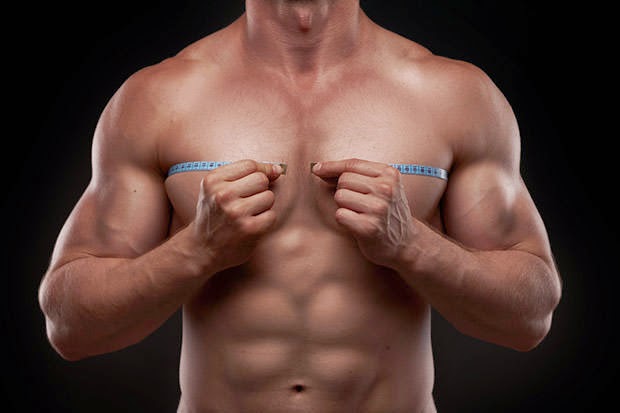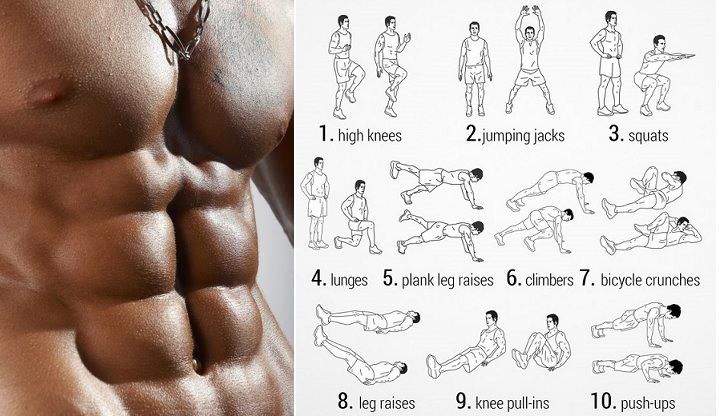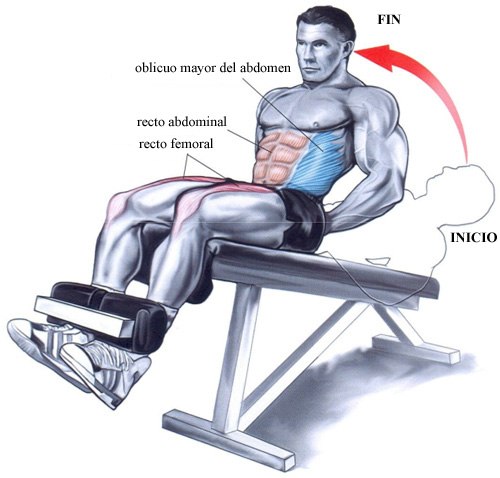Advertisement
Most bodybuilders are looking for “the edge”…that little something extra that helps them build more muscle mass and burn unwanted body fat. Well, Caffeine will help provide that edge. Numerous studies have shown that Caffeine will increase your energy levels, improve your endurance during exercise, and elevate your metabolism.
Caffeine serves as a stimulant to increase your mental alertness and stimulates adrenaline. It also mobilizes fatty acids for use as energy during exercise. Caffeine forces the release of calcium into the muscle cells to increase muscle contractions.


Advertisement
Researchers at the University of Nebraska reported that weight-trained men increased their number of repetitions on bench presses by taking caffeine one hour before exercise. In a follow-up study, weight trained subjects increased their maximum bench-press lift by almost 5 pounds by taking caffeine prior to the workout. There are other studies showing similar results.
Caffeine does have side effects for some people. These can include such symptoms as: nausea, heart palpitations, headache and muscle tension. It has a mild diuretic effect and should be supplemented with plenty of water if exercising in a hot environment. Caffeine can be mildly addictive and withdrawal symptoms can occur such as: headaches and irritability.
Because of the potential benefits and the possible side effects, the question of the proper dosage needs discussion. Daily dosages of 180-450 milligrams of caffeine per day produce sufficient stimulation for improved mental and physical performance. Some studies recommend a dosage range based on your body weight. The following body weight based dosage guideline is suggested for athletes:
1.4 to 2.7 milligrams of caffeine per pound of body weight (per day)
If you’re not a coffee drinker or other caffeinated drink user, then I’d recommend starting at the lower end of the dosage guideline.
Typical caffeine contents for various caffeine containing products are as follows:
Brewed Coffee 20 milligrams per ounce
Espresso 75 milligrams per ounce
NoDoz Tablet 100 milligrams per tablet
Vivarin Tablet 200 milligrams per tablet
Red Bull 8.3 oz can 76 milligrams per can
Diet Coke 12 oz can 47 milligrams per can
Mountain Dew (reg/diet) 12 oz can 54 milligram per can
Caffeine can be an effective supplement if taken one-half hour prior to exercise. Once ingested, caffeine can reach the blood and body tissues within 5 minutes, with a peak concentration within half an hour. Its effects can last up to 4 hours. You may have to experiment with different dosages to obtain the optimum performance while minimizing potential side effects.





